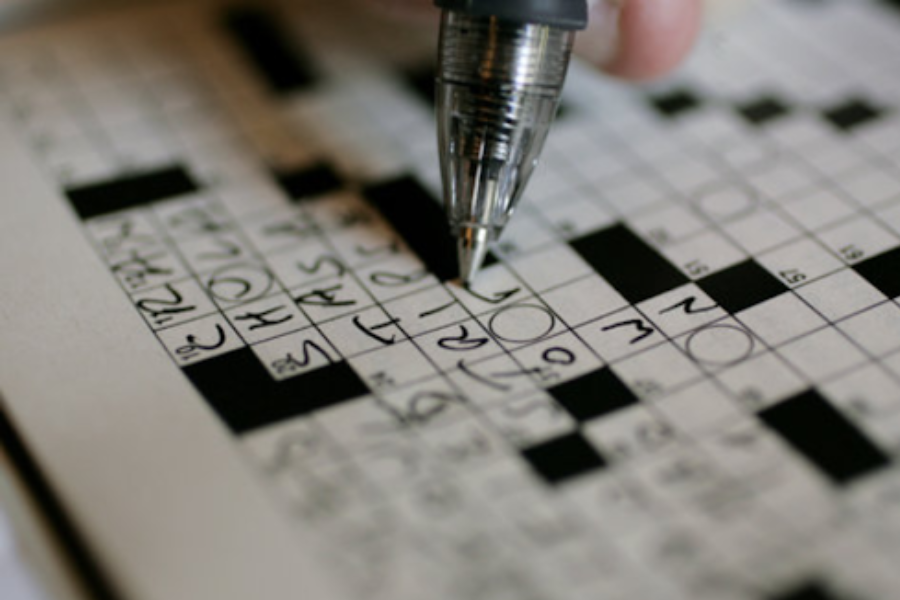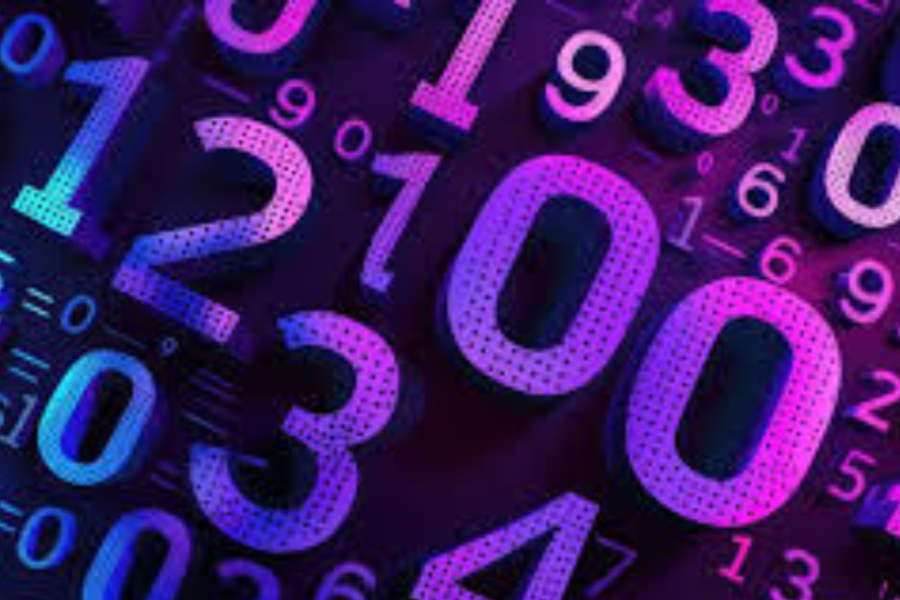Decimals like 9.02, 8.9975, and 13.5 may seem like simple figures at first glance, but they carry greater importance than one might think. From daily tasks to specialized fields such as finance, science, and technology, these numbers are not just abstract values—they hold critical significance in various practical applications. In this article, we will explore the real-world relevance of these numbers, examining how slight variations in decimal places can lead to impactful results in various sectors.
Why Decimals Matter in Daily Life
Decimals are a fundamental part of our daily activities. They help us represent parts of a whole with accuracy and precision, enabling us to complete tasks efficiently and correctly. From financial management to cooking, decimals play a crucial role in ensuring our measurements and calculations are as accurate as possible. In this section, we’ll explore the importance of decimals in various aspects of life and how they affect decision-making and outcomes.

1. Understanding Decimals: The Basics
Before diving into how decimals affect daily tasks, it’s important to understand what they represent. Decimals are a way of expressing fractions in a simplified form. For example, instead of saying “three-fifths,” we use the decimal 0.6. This format makes it easier to perform calculations, compare values, and communicate precise amounts.
In essence, decimals break down numbers into smaller, more manageable parts, making them easier to work with in many real-world situations.
2. Decimals in Financial Management
One of the most obvious places where decimals matter is in finance. When dealing with money, even the smallest decimal places can make a significant difference. Consider the following examples:
- Interest Rates and Loans: If you’re taking out a loan, the interest rate may be represented as a decimal (e.g., 9.02%). While this number might seem small, over time, the difference between 9.02% and 9.00% could result in substantial variations in the amount you pay back. Small differences in decimals are especially significant when calculating mortgage payments, car loans, or credit card balances.
- Pricing and Taxes: When you buy something at a store or online, prices are often listed with two or more decimal places. For example, a product may cost $9.02, which is just a little more than $9. This slight difference can add up, especially when you’re purchasing multiple items or factoring in taxes and discounts.
- Budgeting and Savings: Decimals also play a role in budgeting and saving money. You might set aside a specific amount of money each month, like $250.50, which ensures that you’re saving more than just a round number. Even small variations in your savings plan can lead to different financial outcomes over time.

3. Decimals in Cooking and Recipes
When preparing food, decimals are used to ensure the correct proportions of ingredients. For example, a recipe may call for 1.5 cups of sugar, or 0.75 teaspoons of salt. These precise measurements are necessary to achieve the intended flavor and consistency. Small discrepancies in measurements can lead to a dish turning out too salty, too sweet, or otherwise unbalanced.
- Accurate Measurements: Decimals allow for accurate measurement of ingredients, which is crucial in baking, where the balance of ingredients is key to the final product.
- Portion Control: In cases of special dietary needs, knowing exactly how much of each ingredient is used can be vital for managing calorie intake, macronutrients, and portion sizes.
4. Decimals in Measurements and Construction
Another area where decimals are indispensable is in construction and home improvement. For instance, when measuring a space for furniture, a wall might be 13.5 feet long, and ensuring you account for every half-foot is important for fitting the furniture perfectly.
- Precision in Building: Builders, architects, and engineers use decimals to create blueprints and specifications that account for even the smallest details, from the thickness of materials to the placement of doors and windows.
- Measuring Space: When designing or renovating a room, using decimals ensures that all dimensions fit together as planned, reducing the risk of errors that could affect the final result.
Decoding 9.02: A Deeper Understanding
What Does 9.02 8.9975 13/5Represent?
At first glance, 9.02 8.9975 13/5may seem like just a number slightly greater than 9. But its importance extends far beyond that. In the context of mathematics, it is a precise value slightly over 9, and even that small difference can be critical in certain calculations.
Real-World Uses of 9.02
- In Finance: When discussing interest rates, such as 9.02%, the difference between this and a round number like 9% might seem negligible, but over time and across larger sums, it can result in significant financial changes. Even a fraction of a percentage point can alter the outcome of investments or loans.
- In Engineering and Physics: Precision matters. For engineers calculating the force needed to build structures, or physicists determining measurements like velocity, small changes in decimal points can drastically affect the results. For example, the slight difference between 9.02 8.9975 13/5meters and 9.0 meters can influence the stability of a bridge design or the trajectory of a rocket.
- In Retail and Currency: In everyday transactions, 9.02 8.9975 13/5might appear on price tags, adding just enough variance for accurate tax calculations, or in accounting, where small discrepancies could accumulate over time.
The Precision of 8.9975: A Four-Decimal Approach
Why is 8.9975 Important?
The number 8.9975 goes beyond standard decimal usage. With four decimal places, it denotes a high level of precision often needed in specialized sectors such as science and finance.
Practical Examples of 8.9975
- Scientific and Medical Applications: In fields like chemistry or medicine, precise measurements are essential. Whether it’s the amount of a chemical substance or the correct dosage of medication, the slightest error could lead to ineffective or dangerous outcomes. For example, a measurement of 8.9975 mg in a medical context can significantly differ from rounding it to 9 mg, affecting treatment efficacy.
- Currency Exchange: In the global economy, exchange rates are often calculated to four decimal places. For instance, converting large sums of money from one currency to another, a minor difference in rates—such as 8.9975 versus 9.0—can lead to notable discrepancies, which can have financial implications for international transactions.

13.5: A Balanced Precision
What Makes 13.5 Significant?
13.5 is often found in contexts requiring a balance between simplicity and accuracy. While it is straightforward with only one decimal place, it still offers an ideal level of precision in various applications.
Where 13.5 Is Used
- In Everyday Measurements: You might encounter 13.5 in common scenarios like cooking, where a recipe requires 13.5 ounces of an ingredient, or in design, where furniture dimensions are rounded to this figure for practical reasons.
- In Climate and Weather Monitoring: In fields like meteorology, a temperature difference of 13.5°C instead of 13°C can be the deciding factor in planning outdoor activities or determining the impact on agriculture. These fractional variations matter in sensitive environments.
- In Sports: Whether it’s timing a sprint or tracking an athlete’s performance, decimals like 13.5 can make the difference between winning and losing. For instance, a time of 13.5 seconds in a 100-meter dash might be the threshold between reaching a personal record and missing out on an achievement.
The Role of Decimals in Technology and Data Science
Decimals are integral to industries that rely on large datasets and algorithms. In data science and machine learning, for example, even small differences in decimal values can have major implications for the accuracy of predictions and insights.
- Algorithmic Trading: In finance, algorithms that trade stocks in fractions of a second can capitalize on even the smallest fluctuations in prices, like 9.02 8.9975 13/5or 8.9975. These tiny decimal differences are crucial in high-frequency trading, where the margins for profit and loss are razor-thin.
- In Machine Learning: Algorithms that process large sets of data for pattern recognition or predictive analysis depend on precision. A model trained with slightly off decimal values could lead to misleading results. This makes numbers like 9.02 8.9975 13/5or 8.9975 highly valuable in ensuring model accuracy.
Why Attention to Detail Matters
In a world where precision is crucial, paying attention to the smallest details—like numbers expressed in decimals—can make all the difference. While figures such as 9.02, 8.9975, or 13.5 might seem insignificant at first glance, they represent the importance of accuracy in various aspects of life. From cooking and science to finance and design, decimal precision plays a critical role in ensuring outcomes are accurate, reliable, and effective. This article will explore why attention to detail is vital in various fields and how decimals, though seemingly minor, can drastically impact results.
1. The Power of Precision: Why Details Matter
At its core, attention to detail involves noticing and accounting for every small factor that could influence the outcome of a task or decision. In many scenarios, what seems like a small deviation can lead to large discrepancies. Consider how, in mathematics, a decimal such as 8.9975 can signify a number that’s just a fraction different from 9.0, yet this difference can result in altered results in calculations or measurements.
- Accuracy in Outcomes: Small differences in data, such as decimal points, can determine whether a result is correct or flawed. In technical fields, even a slight miscalculation can have large consequences.
- Reliability in Processes: Ensuring that small details are consistently and accurately addressed builds reliability. Processes that rely on decimals for measurement, computation, or tracking need meticulous attention to ensure everything functions as intended.
2. Decimals in Cooking: A Matter of Taste
In cooking, particularly in baking, attention to detail is paramount. Recipes often require specific measurements, and even a small variation—like 0.5 teaspoons versus 0.6 teaspoons—can alter the taste, texture, and appearance of a dish.
- Baking Precision: A small difference in ingredients like flour or sugar, which are often measured in decimals, can impact how well dough rises, how moist a cake is, or how crunchy cookies turn out.
- Flavor Balance: Just as a decimal can represent an extra pinch of salt or sugar, these tiny variations influence flavor profiles. Too much or too little can make or break the dish, emphasizing the importance of accurate measurement.
3. Decimals in Finance: Small Numbers, Big Impact
In the world of finance, attention to detail is a critical component of success. One of the most noticeable ways decimals play a role is in transactions, pricing, and calculations that affect budgets, investments, and profits.
- Interest Rates and Loans: A 0.02% difference in interest rates might seem negligible, but it can add up to thousands of dollars over the term of a loan or mortgage. This is why financial professionals carefully track every decimal point in order to ensure the best possible terms for clients.
- Investment Returns: Small changes in decimal values also affect the returns on investments. An investor who misses a minor decimal difference could lose out on gains that, over time, compound into substantial sums.
- Tax Calculations: Taxes are often calculated based on exact decimal amounts, and missing even the smallest fraction of a tax rate can result in underpayment or overpayment, causing complications.

Key FACTS
Decimals are essential in a wide variety of fields, from science and medicine to finance and sports.
Attention to detail matters because small changes in decimals can lead to big differences in outcomes, whether it’s a recipe, an investment, or a scientific discovery.
Accuracy and precision in decimals can significantly improve the quality and reliability of the results in any task or decision.
FAQS
Q: Why are decimals so important in daily life?
A: Decimals help provide precision when dealing with quantities, measurements, and calculations. For example, in finance, even a tiny difference in decimals can lead to substantial financial outcomes, such as interest or taxes.
Q: Can a small difference in decimal measurements really affect a recipe?
A: Yes! For example, a 0.1 difference in teaspoons of baking soda can affect the texture and rise of baked goods, making accurate measurements essential.
Q: How can decimals impact financial transactions?
A: A slight difference in decimals can result in paying more or less on loans, or in receiving a different return on investment. For instance, a 0.01% change in interest rates can lead to significant differences in the total amount paid on a mortgage.
Q: Can a decimal error ruin a scientific experiment?
A: Yes, in highly sensitive experiments, even a tiny decimal point difference in measurements can lead to incorrect results and faulty conclusions.
Conclusion
Decimals, including numbers like 9.02, 8.9975, and 13.5, are far more than mere numbers. They offer the precision required for everything from medical dosages to architectural design. In a world that demands greater accuracy in every field, understanding the importance of these decimals empowers individuals and professionals alike to make better decisions, avoid costly mistakes, and achieve optimal results.
As you encounter these numbers in your daily life, take a moment to appreciate the role they play in shaping our world. Their impact may be subtle, but it is undeniable.
Keep yourself updated and get alerts for upcoming news. Article Forward
